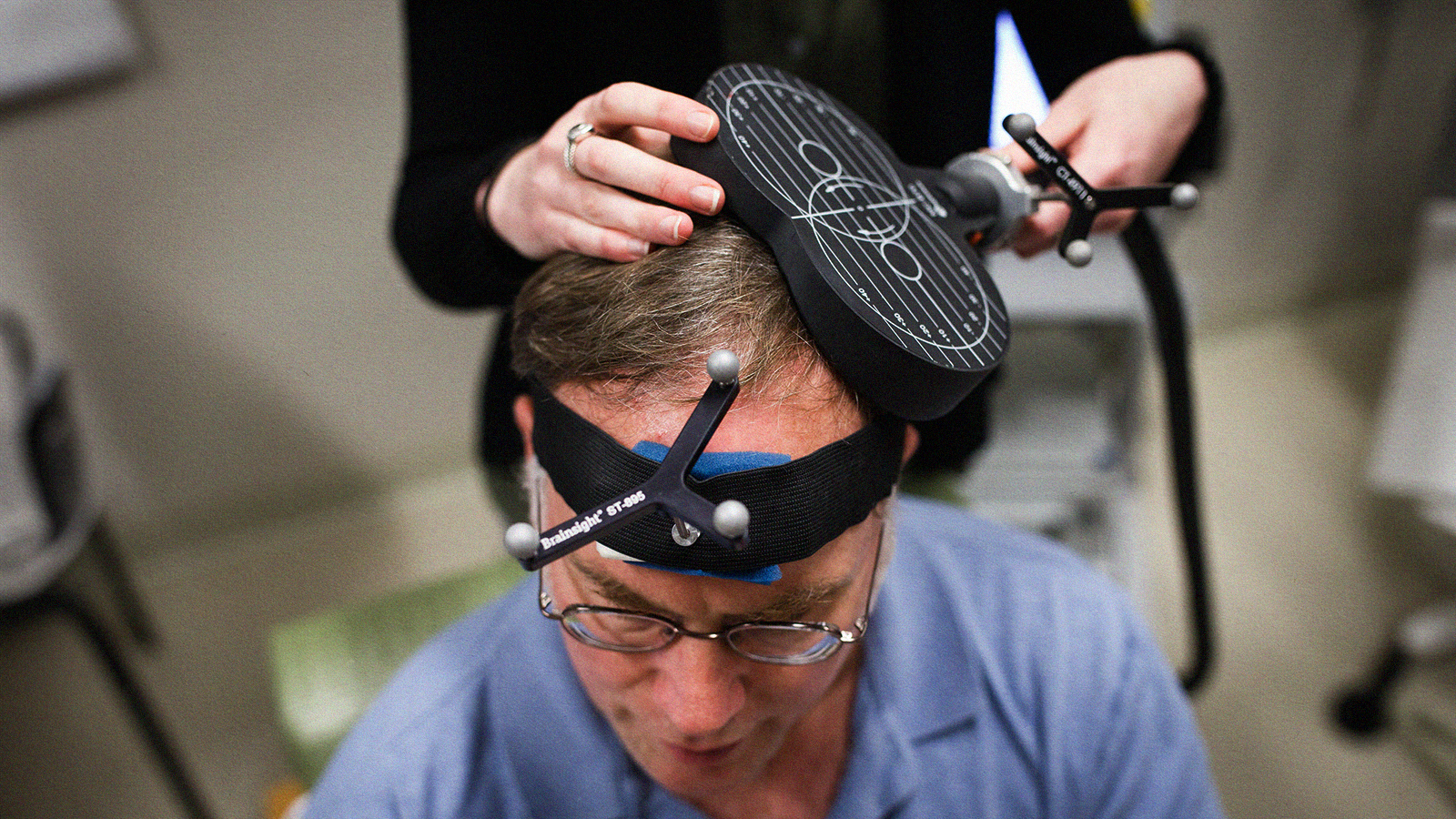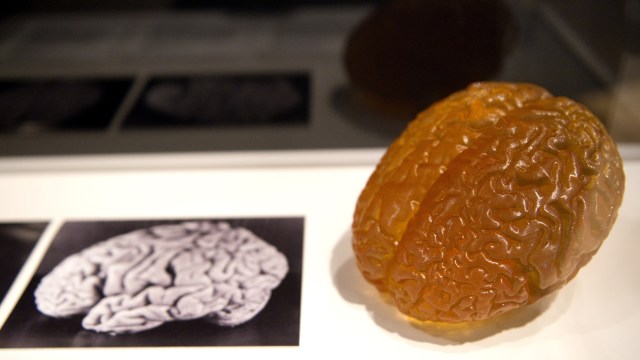Mentally challenging yourself curbs anxiety and depression, new research shows

I recall the different methods I used to employ to fight off panic attacks. Cleaning was a popular choice. When the attacks became more regular during college my dorm room was spotless. Then there were cardiovascular hacks: running, either around the block or on a treadmill, often alleviated the physiological surge, as well as sex, which not only increased my heart and breathing rates but also gave my mind a point of focus.
These were all methods during an attack, however. What about training your brain to stave off attacks in the first place? A new study from Duke University, published in the journal Cerebral Cortex, claims that activating and strengthening a few brain regions helps keep both anxiety and depression at bay.
Duke professor of psychology and neuroscience Ahmad Hariri had already discovered that people suffering from high threat response and low reward response are more susceptible to developing anxiety and depression. For this study he switched things around:
We wanted to address an area of understanding mental illness that has been neglected, and that is the flip side of risk. We are looking for variables that actually confer resiliency and protect individuals from developing problems.
And so 120 Duke undergrads filled out mental health questionnaires and underwent fMRI scans. The researchers stimulated the dorsolateral prefrontal cortex—a more recently evolved brain region responsible for executive functions such as working memory, abstract reasoning, cognitive flexibility, and emotional regulation, as well as the end point for interaction with stimulation—by having them answer memory-based math problems.
Following the math questions the volunteers had their amygdala stimulated by looking at angry or scared faces, following by a reward-based game that activated their ventral striatum, a component of the brain’s motor and reward systems. Higher activity in the dorsolateral prefrontal cortex means less likelihood they’ll develop anxiety. Harari continues,
These findings help reinforce a strategy whereby individuals may be able to improve their emotional functioning — their mood, their anxiety, their experience of depression — not only by directly addressing those phenomena, but also by indirectly improving their general cognitive functioning.
Next up for Harari is research on whether complex mental operations improve the functioning of the dorsolateral prefrontal cortex or if each problem is task-specific. While methods such as cognitive behavioral therapy, working memory training, and transcranial magnetic stimulation help at-risk patients deal with anxiety and depression, Harari plans on finding out whether complex games have therapeutic potential. It will also be important to study older volunteers, as college students do not yet have fully formed prefrontal cortexes; that region is not developed until the mid-twenties.
Focusing has always been an important ally for dealing with pending attacks, at least anecdotally and through conversations with other anxiety sufferers. Whether cardiovascular-stimulating responses like running and sex or cognitive training with games, focus is the key element—an important reminder for anyone starting to slip into the dark spiral of depression or a panic attack. During the moment focus is necessary, but it appears training helps you avoid the attack in the first place.
—
Derek is the author of Whole Motion: Training Your Brain and Body For Optimal Health. Based in Los Angeles, he is working on a new book about spiritual consumerism. Stay in touch on Facebook and Twitter.





